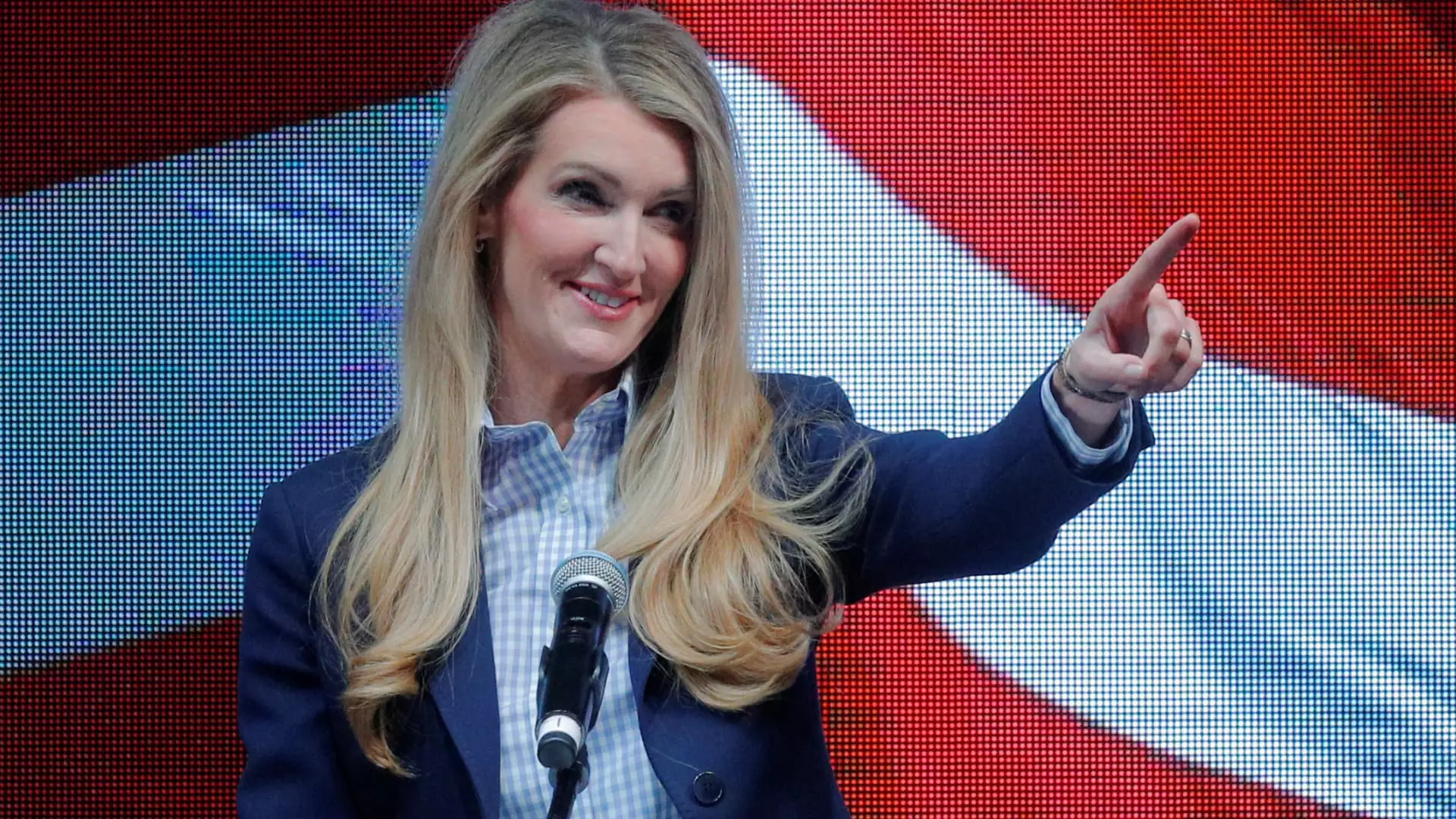In a move widely anticipated given her alignment with his administration’s values, President-elect Donald Trump has nominated Kelly Loeffler, a former U.S. Senator from Georgia, to head the Small Business Administration (SBA). This decision reflects not just a preference for political allies but also underscores the ongoing debate over the role of experience in governance, especially in economic sectors crucial to American resilience. Loeffler’s tenure in the Senate, albeit brief, was marked by her staunch support for Trump and his policies—a factor that likely influenced this nomination.
Kelly Loeffler’s political journey has made headlines, particularly her rise to the Senate in a period characterized by intense political polarization. Appointed in 2019 to fill the seat vacated by Johnny Isakson due to health issues, Loeffler’s time in office was short-lived and concluded with a loss in the highly publicized special election runoff against Democrat Raphael Warnock. Her campaign was heavily focused on aligning with Trump’s narrative, emphasizing loyalty over bipartisan governance. This loyalty was evident during the tumultuous aftermath of the 2020 presidential elections, where Loeffler’s refusal to acknowledge Biden’s victory seemed to resonate with Trump’s base while alienating some moderate constituents.
As the prospective head of the SBA, Loeffler brings a multifaceted approach to small business advocacy, influenced by her background in business as well as her political experience. Trump has articulated a vision for Loeffler that involves streamlining processes, thereby reducing bureaucratic hurdles for entrepreneurs. Histories of political appointees suggest that success in this role hinges upon the ability to balance regulatory frameworks with the needs of small business owners—an endeavor that has proved challenging in previous administrations. Critics might argue that Loeffler’s appointment could lead to policies echoing Trump’s previous approaches, with an emphasis on deregulation that doesn’t necessarily serve all business interests equitably.
Loeffler’s nomination also aligns with a broader trend within Trump’s post-presidency political strategy, focusing on appointing individuals who echo his administration’s past rhetoric and initiatives. It indicates a continued loyalty to those who supported his controversial stance regarding the 2020 election results, highlighting a political strategy that seeks to consolidate power within a trusted circle. This could have implications beyond small business administration, affecting how voter sentiment shifts in upcoming elections.
As Kelly Loeffler prepares for a potential Senate confirmation to lead the Small Business Administration, the political landscape remains fraught with challenges. Her approach to small business leadership may significantly influence the economic environment, particularly for conservative entities. The intersection of her business acumen and political affiliations will shape how effectively she can advocate for the interests of all small businesses in a recovering economy. As such, the upcoming confirmation hearings may serve as a critical juncture for examining not only her qualifications but also the overall direction of small business policy under the shadow of a contentious political backdrop.


Leave a Reply